Old School Poutine Stalls Surviving Montreals Culinary Changes
10 min read Exploring how traditional poutine stalls in Montreal retain their charm amid changing culinary trends and urban development. July 19, 2025 06:05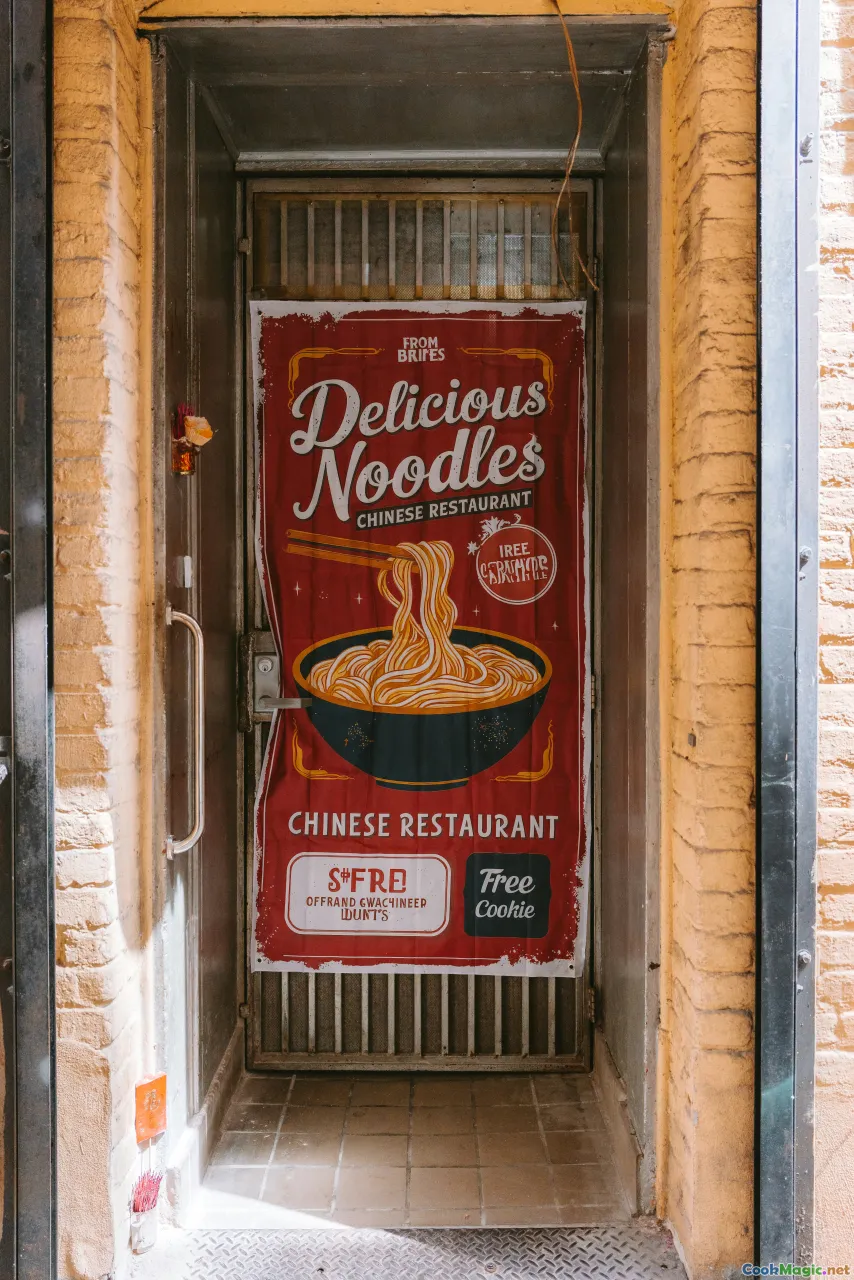
Old School Poutine Stalls Surviving Montreal’s Culinary Changes
In the bustling streets of Montreal, where the aroma of freshly baked bagels intertwines with the fragrant breezes of smoked meats, there's a steadfast core that refuses to fade—those humble, unassuming poutine stalls that have become the living legends of a city. While gourmet restaurants and trendsetting cafés have reshaped the city’s culinary landscape, these old school poutine stalls stand as proud anchors of Montreal’s heritage. They serve more than just food; they serve memories, community, and a flavor that has weathered decades of change.
The Heartbeat of Montreal: A Culinary Tug-of-War between Tradition and Modernity
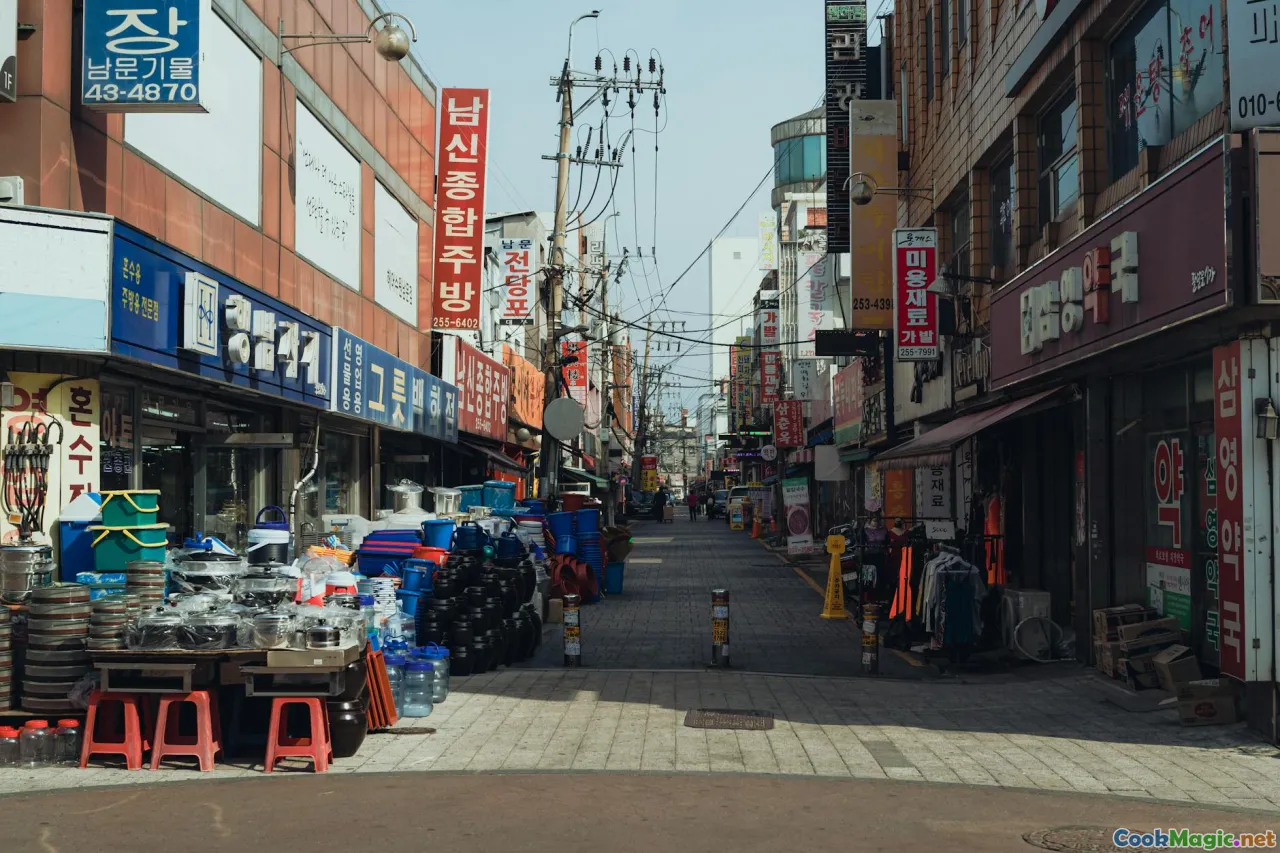
Montreal's gastronomy has undergone a whirlwind of evolution over the past fifty years. From the rise of high-end culinary temples with inspired North African, Mediterranean, and Asian influences, to the rise of Instagram-worthy gastropubs, the city’s food scene is kaleidoscopic and ever-shifting. Yet amidst this chase for innovation, old school poutine stalls—those little havens nestled in neighborhood corners—are resilience personified.
These stalls represent the very soul of Montreal’s working-class roots, offering simple, hearty comfort food that transcends trends. Unlike its upscale counterparts, the charm of these stalls lies not in aesthetic finesse but in the honest, unapologetic flavors of perfectly squeaky cheese curds smothered in rich, savory gravy, piled high on crispy fries.
Personal Insight: I recall my first visit to La Banquise, the legendary late-night poutine joint in Plateau Mont-Royal, where the air is thick with the scent of melting cheese and hot gravy. It’s an almost ritualistic experience—a blend of sensory indulgence and cultural immersion.
The Enduring Symbols: Iconic Old School Poutine Establishments

Montreal's landscape features a handful of poutine stalls that have withstood changing times with unwavering dedication.
La Banquise
Founded in 1968, La Banquise is practically a monument. Its neon-lit façade and overflowing crowds epitomize Montreal’s love affair with poutine. Open 24 hours, it’s the perfect refuge after a night of revelry. Their signature Classic Poutine—a generous mountain of crispy fries, squeaky cheese curds, and thick, flavorful gravy—has become the benchmark for poutine aficionados.
Aux Vices du Décadent
In the Plateau, this modest spot doesn't boast modernist design; instead, it offers no-frills comfort. Known for their experimental toppings—think smoked meats, sautéed mushrooms, or spicy pepper sauces—their poutine transcends tradition with a daring twist while holding onto the integrity of simple ingredients.
Debo’s Quebec Poutinery
Tucked in the Jean-Talon Market, Debo’s brings in a sense of local community, sourcing fresh cheeses and fresh-cut fries daily. It’s a place where locals convene, sharing stories over steaming plates of poutine that feel like a warm embrace.
Tip: Visit these establishments just after sunset; the capital of comfort food is especially vibrant then, infused with the scent of fried potatoes and simmering gravy.
Old School Techniques in a New Age
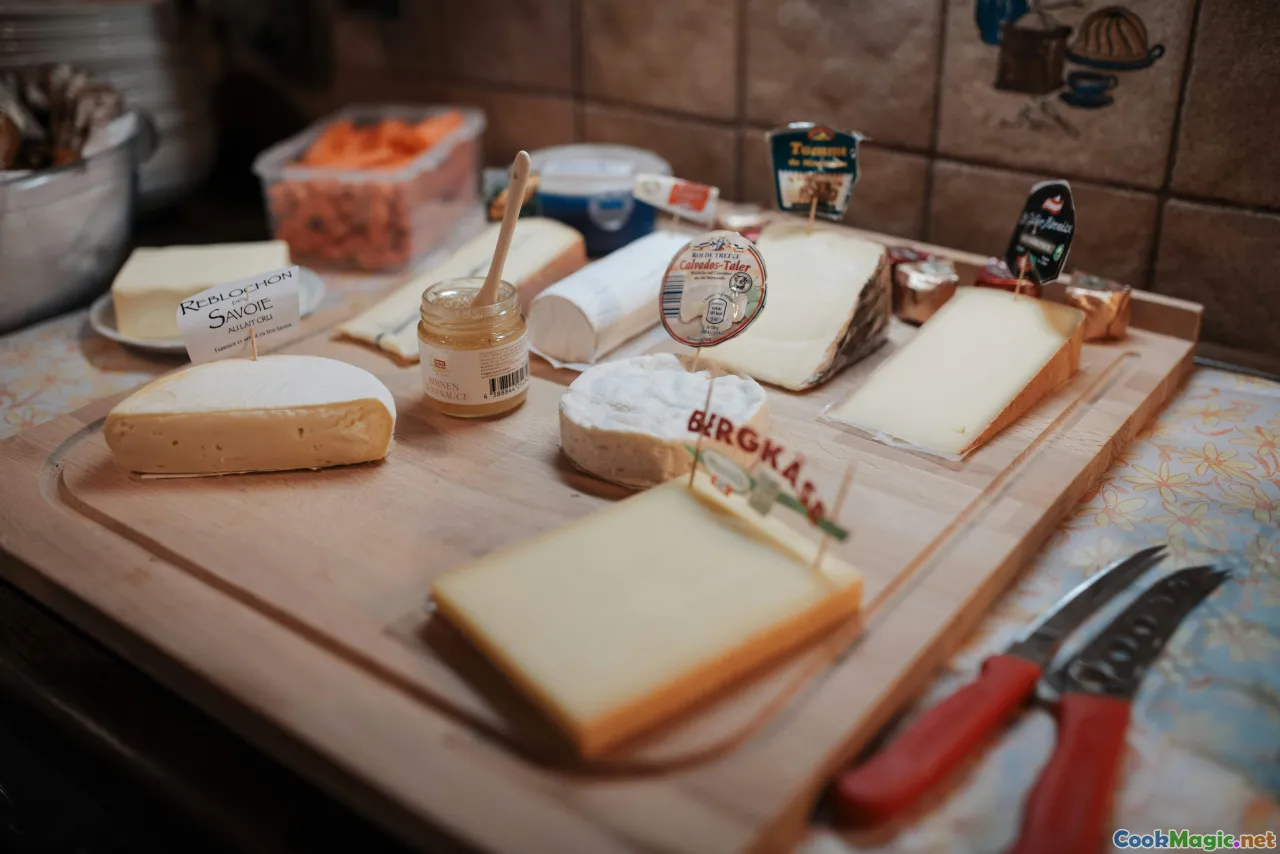
What keeps these stalls enduring is their adherence to traditional methods—no air fryers, no gourmet molecular twists. Instead:
- Fries are cut generously, hand-sliced daily from SPUD-appropriate potatoes, seasoned lightly, and cooked twice for that unbeatable crispy yet fluffy texture.
- Cheese curds are transported directly from local producers, maintaining their signature squeak and freshness.
- The gravy is often made from scratch—velvety, thickened with roux, and simmered with spices that add depth without masking the main flavors.
This commitment to authenticity is what sets old school poutines apart in the face of gourmet fads.
The Cultural Significance: More Than Just a Snack
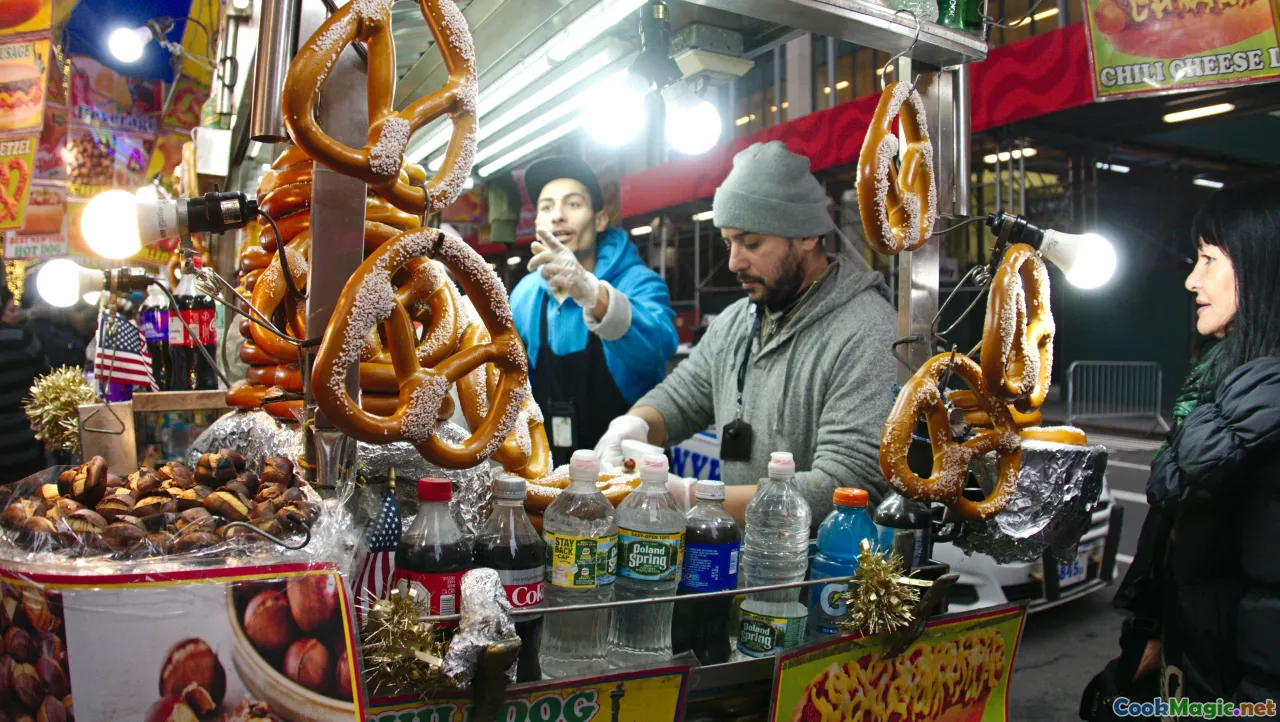
Poutine is embedded deeply into Montreal’s identity. It represents an accessible, unpretentious slice of life—whether enjoyed over casual lunches, late-night snack runs, or during local festivals.
Historically, this dish emerged as a regional solution—combining the affordability of local ingredients with the need for satisfying comfort food during hard times. Its evolution from humble farm-born dish to a beloved city staple is a story of resilience and regional pride.
Personal Stories: I once interviewed a longtime Montrealer, Jean-Marc, who recalled, “Growing up in Saint-Henri, poutine was what Mom made when we didn’t have much. Now, it’s part of our city—they’re not just stalls; they’re landmarks.”
The Battle Against Modern Gastronomy: How These Stalls Adapt (or Don’t)

Despite the allure of fusion cuisines and culinary innovation, these old school stalls have adapted selectively—adding new toppings or offering gluten-free options without abandoning core principles.
However, most resist the temptation to compromise their authenticity. The secret is moderate evolution—perhaps a spicy sriracha gravy or a vegan cheese curd—allowing them to stay relevant without losing their roots.
Expert Tips: For culinary purists, sticking to the classics is vital, but exploring experimental toppings can open new taste horizons while respecting tradition.
Preserving Heritage in a Changing City
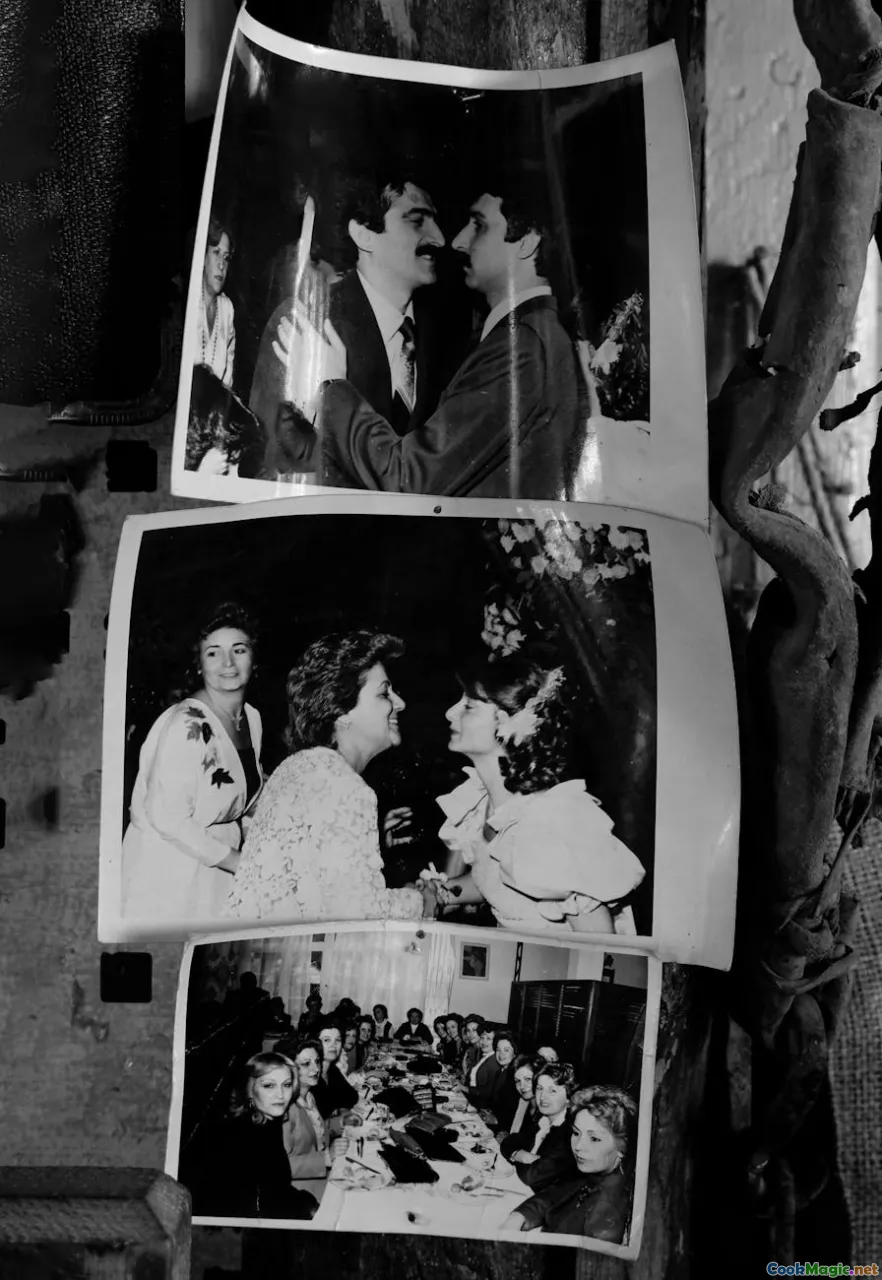
Montreal’s commitment to preserving these old school poutine stalls reflects a broader cultural push to maintain authenticity amid rapid growth. Local municipalities often support neighborhood markets and small eateries for their historical and cultural value.
Organizations and community groups arrange “Poutine Tours,” showcasing these venerable spots, their histories, and signature dishes. These efforts reinforce the importance of culinary heritage as part of Montreal’s cultural fabric.
Final Bite: Why These Stalls Matter—A Personal Reflection
Walking through Montreal’s streets, smelling the salty, cheesy aroma of a steaming poutine bag being handed to a familiar face, I realize these stalls are more than just places to eat—they’re communal hubs, storytelling corners, and guardians of tradition. They embody resilience, nostalgia, and the unbreakable bond between food and identity.
Every bite taken from a modest stall is a connection to Montreal’s past, present, and future—a testament that, no matter how the city evolves, some flavors are forever etched into its soul.
Whether you're a culinary scholar or a curious traveler, discovering these old school poutine stalls offers a visceral, authentic taste of Montreal’s hearty, unpretentious heart. The next time you wander those scenic streets, seek out a corner stand, order a classic poutine, and savor the comforting taste of resilience.









